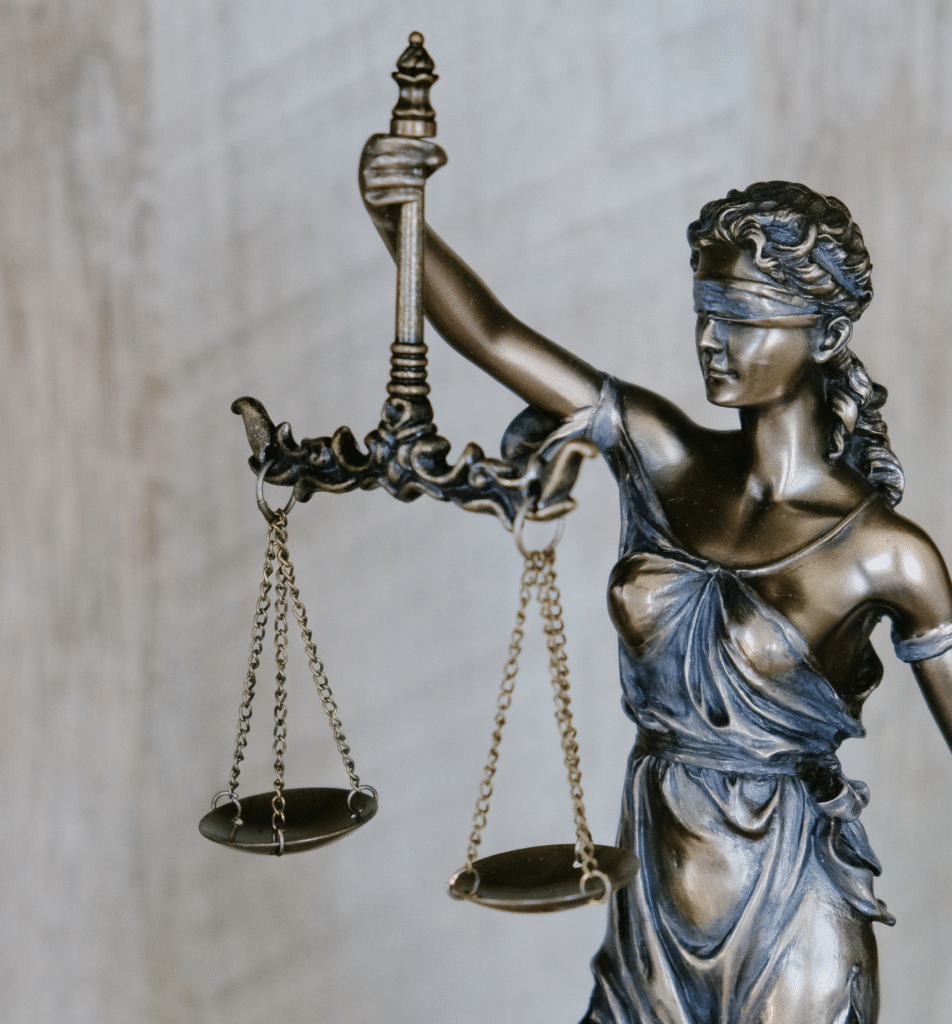Memorial Day, observed on the last Monday of May, is one of the most solemn and meaningful holidays in the United States. It is a day of remembrance, dedicated to honoring the men and women of the armed forces who lost their lives in service to the country. While it also signals the unofficial start of summer and a time for barbecues, parades, and family gatherings, its true significance runs much deeper.
The origins of Memorial Day date back to the aftermath of the Civil War, a conflict that claimed more American lives than any other. In its wake, communities across the country began holding springtime tributes to fallen soldiers, decorating their graves with flowers and reciting prayers. Originally known as Decoration Day, the holiday was formally established in 1868 by General John A. Logan of the Grand Army of the Republic, a Union veterans’ organization. He called for a nationwide day of remembrance on May 30, a date chosen because it wasn’t associated with any particular battle.
Over the decades, Memorial Day evolved to honor all American military personnel who died in service, not just those from the Civil War. In 1971, Congress officially declared Memorial Day a national holiday and moved its observance to the last Monday in May to create a three-day weekend. This change helped encourage broader national participation but also contributed to concerns that the holiday’s solemn purpose might be overshadowed by leisure activities.
Despite this, Memorial Day continues to hold deep emotional and cultural importance. It serves as a powerful reminder of the cost of freedom. Every headstone at Arlington National Cemetery and at veterans’ cemeteries across the country marks a life given in defense of the values America holds dear—liberty, democracy, and justice. For the families and friends of the fallen, the day is not merely symbolic; it is deeply personal and often profoundly emotional.
In recent years, efforts have been made to restore the original spirit of Memorial Day. The National Moment of Remembrance, established by Congress in 2000, invites Americans to pause for one minute at 3:00 p.m. local time on Memorial Day to reflect on the sacrifices made by military personnel. This simple act of unity helps bridge the gap between celebration and solemnity, allowing Americans to honor the fallen even amid recreational gatherings.
Education also plays a critical role in preserving the meaning of Memorial Day. Schools, civic organizations, and veterans’ groups often hold ceremonies or educational events in the days leading up to the holiday. By involving younger generations, these efforts ensure that the stories of sacrifice are not forgotten, but passed down with respect and gratitude.
In the end, Memorial Day is not just a day off from work or a chance to enjoy the sunshine. It is a day of collective memory and national reflection. It is a time to honor the brave souls who gave everything so that others might live free. By remembering them, we reaffirm the values they died defending—and ensure their legacy lives on.

